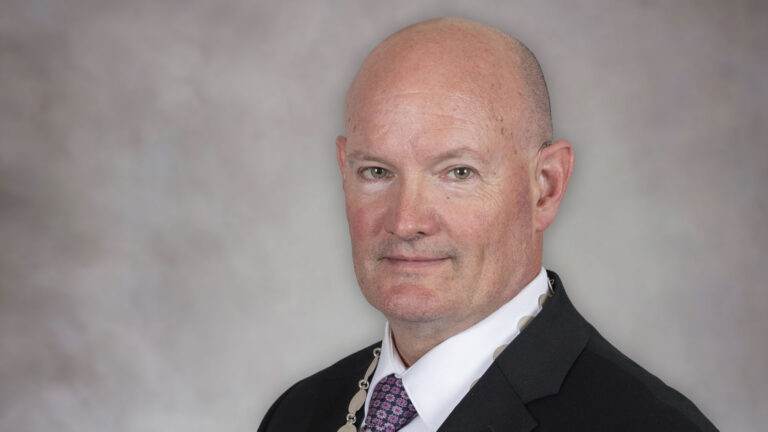As a result of the radiological situation at a nuclear power facility in Japan, pharmacists in Alberta may be asked by customers to dispense potassium iodide (KI).
Principle 1.2 of the ACP Code of Ethics instructs Alberta pharmacists to “provide appropriate treatment and care”. In this instance, selling KI for radiation sickness prevention is not appropriate. Public health officers and health authorities throughout North America are NOT recommending stockpiling or dispensing potassium iodide in relation to the radiological situation in Japan.
>>
Inappropriate to stock or sell potassium iodide for radiation sickness prevention
KI may be used in radioactive iodine-contamination emergencies (such as nuclear accidents) to block the thyroid’s uptake of radioactive iodine. It is only of benefit in protecting the thyroid against radioactive iodine 131 (I131).
There is extensive monitoring going on in Japan, internationally and along the west coast of North America. Even though there has been a release of radioactive materials in the immediate area of the nuclear plant in Japan which includes I131, it is not a radiological health concern.
In the event that there is a significant release of radioactive iodine 131, the main impact would be on populations within the vicinity of the reactor in Japan.
Modelling of the most likely scenarios suggest that any release into the atmosphere would take several days to reach Alberta, by which time it would be so dispersed as to be not considered a health risk.
Should commercially available stock become unavailable, ACP would also consider compounding KI for radiation sickness prevention inappropriate.
ACP will monitor and report on advisories from Health Canada and other Canadian health authorities for any changes to these current recommendations.




